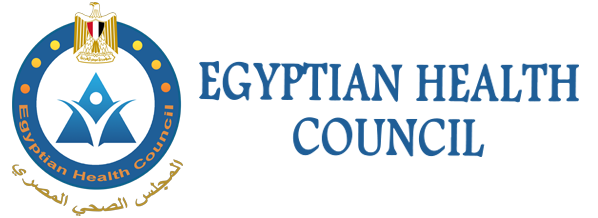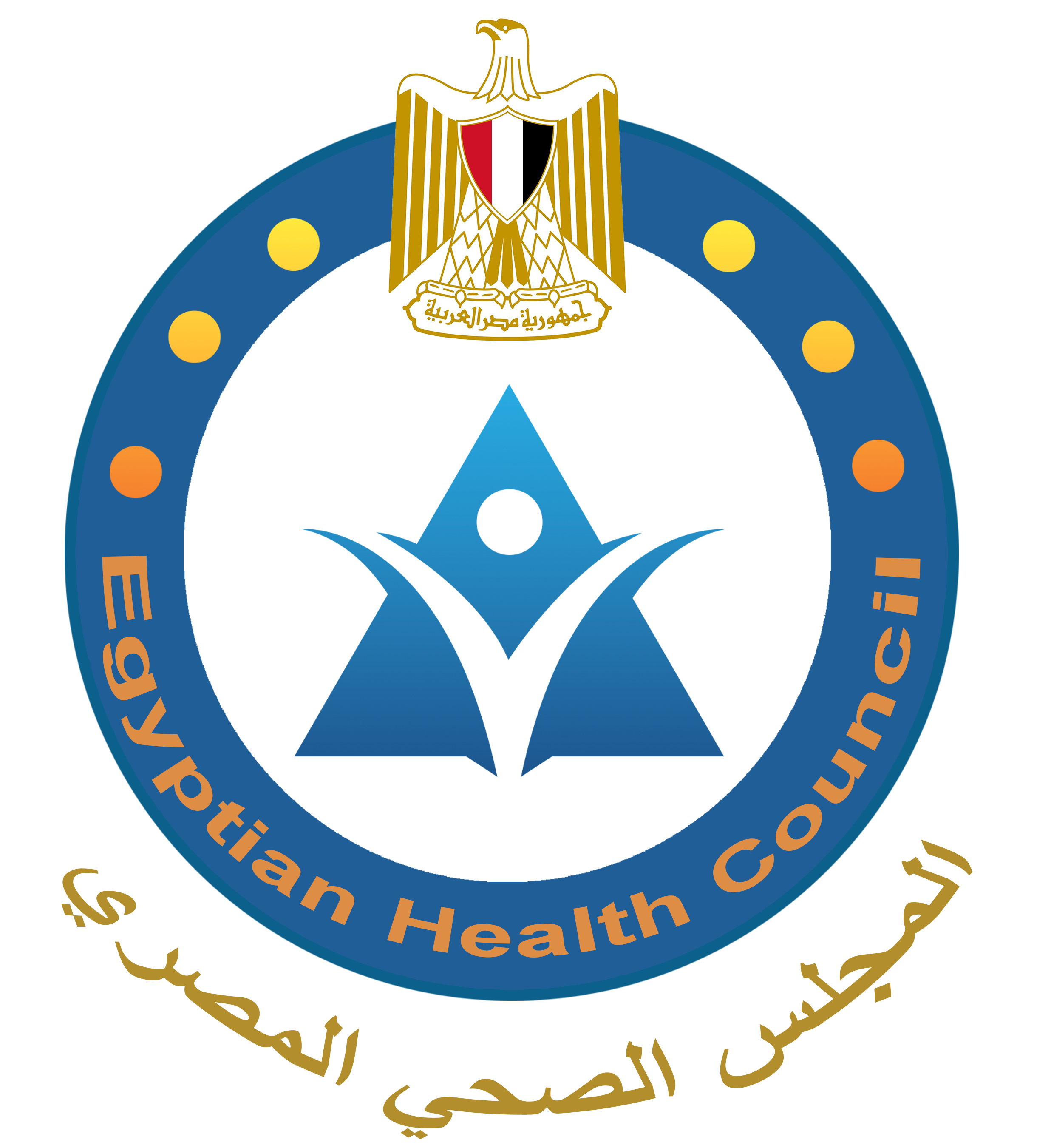
Pediatric Eye Examination
"last update: 22 February 2024"
- EXECUTIVE SUMMARY
These guidelines describe the cornerstones of eye examination in the pediatric age group
♦️ A comprehensive pediatric eye and vision examination should include but is not limited to
- Review of the nature and history of the presenting problem, patient and family eye and medical histories and school performance history of the child.
- Examination should include assessment of visual acuity with a method suitable for age, determination of refractive status, ocular motility assessment and evaluation of pupillary response,
- Assessment of binocular vision, accommodation and evaluation of color vision can be indicated in selected cases.
- Assessment of peripheral retina, measurement of intraocular pressure, and visual field testing can be indicated in selected cases.
- Good practice statement
♦️ Cycloplegic retinoscopy is the preferred procedure for the evaluation of refraction in children, both for preschool and school age.
- Good practice statement
♦️ Infants should receive an in-person comprehensive eye and vision assessment between 6 and 12 months of age for the prevention and/or early diagnosis and treatment of sight-threatening eye conditions and to evaluate visual development.
- Strong Recommendation
♦️ Preterm infants with a history of ROP should be closely monitored for the development of high myopia, astigmatism, and anisometropia
- Strong Recommendation
♦️ Early visual examination in infants for amblyopia and amblyopic risk factors can lower the prevalence and severity of amblyopia in children.
- Strong Recommendation
♦️ Preschool children should receive an in-person comprehensive eye and vision examination at least once between the ages of 3 and 5 to prevent and/ or diagnose and treat any eye or vision conditions that may affect visual development.
- Strong Recommendation
♦️ School-age children should receive an in-person comprehensive eye and vision examination before beginning school to diagnose, treat, and manage any eye or vision conditions.
- Strong Recommendation
♦️ Children with myopia should have an in-person comprehensive eye and vision examination at least annually.
- Strong recommendation
